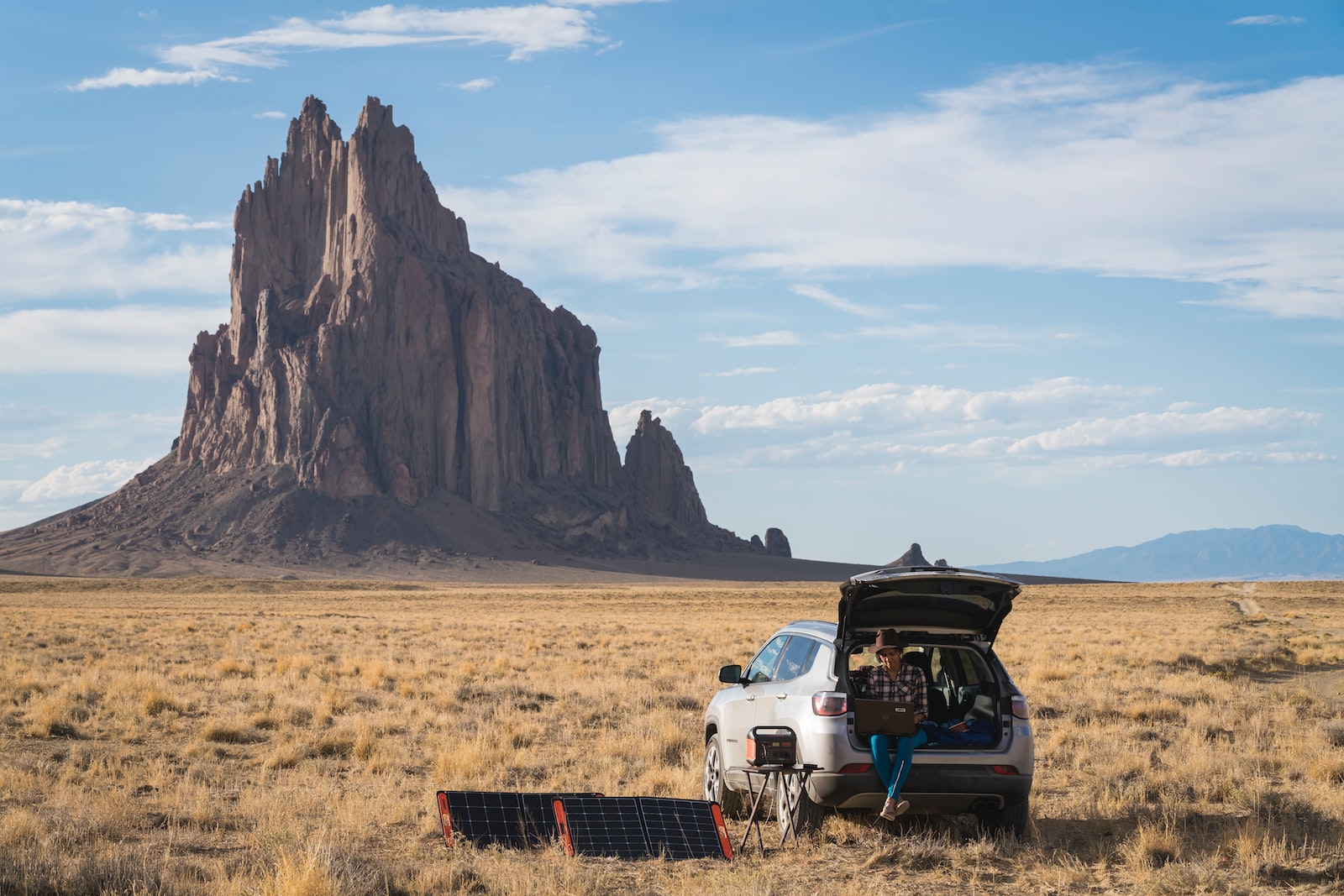Can Jackery Portable Power Stations Jump Start a Car? Understanding the Limitations
For outdoor adventurers, road-trippers, and emergency preparedness enthusiasts, Jackery power stations offer reliable portable energy. But one common question remains: Can a Jackery power station jump-start a car battery during roadside emergencies? This comprehensive guide explores the capabilities and limitations of Jackery units in vehicle rescue scenarios.
Can a Jackery Jump-Start a Car Battery? The Quick Answer
No, Jackery power stations cannot directly jump-start a car. Attempting to do so may damage the unit and void the warranty. Jump-starting requires an instantaneous high-current surge—often 200–1000+ amps—to crank the engine. Jackery models are designed for sustained, low-current output (typically 10A via their 12V ports), making them unsuitable for this task.
However, there is a safe alternative: Jackery offers a dedicated 12V automobile battery charging cable, which allows you to recharge a dead 12V lead-acid battery effectively.
Understanding Why Jackery Isn’t Designed for Jump-Starting
Electrical Requirements for Jump-Starting a Car
Jump-starting demands a short but powerful burst of current—usually between 200–1000+ amps—to start the engine. Most gas or diesel vehicles require at least 200–400 amps for ignition.
Limitations of Jackery Power Stations
Jackery units are engineered for steady, regulated power delivery to run electronics like phones, laptops, lights, and small appliances. Their maximum output through the 12V port is typically limited to 10 amps, which is far below what’s needed for engine cranking.
| Application | Current Required | Duration | Purpose |
|---|---|---|---|
| Jump-Starting | 200–1000+ Amps | 3–5 seconds | Engine Cranking |
| Jackery Charging | 10 Amps | 15–40 minutes | Battery Replenishment |
Attempting to force a jump-start could overload internal circuits, trigger safety shutdowns, or cause permanent damage to the unit.
How Jackery Can Help Recharge a Dead Car Battery
Although it can’t jump-start, Jackery provides a specialized solution for reviving a drained 12V lead-acid battery using its 12V Automobile Battery Charging Cable.
What You’ll Need:
- A compatible Jackery model (Explorer 300 Plus, 600 Plus, or 1000 Plus)
- The Jackery 12V Battery Charging Cable (sold separately)
Step-by-Step Charging Process:
- Connect the charging cable to your Jackery’s 12V outlet.
- Attach the red clamp to the positive terminal on the car battery.
- Attach the black clamp to the negative terminal.
- Turn on the Jackery’s 12V output.
- Allow the battery to charge for 15–40 minutes depending on its size.
- After charging, turn off the Jackery before removing the clamps—starting with the black one, then the red.
Charging Times by Battery Size
| Battery Capacity | Minimum Charging Time | Recommended Jackery Model |
|---|---|---|
| 40–60 Ah | 15–20 minutes | Explorer 300 Plus |
| 60–100 Ah | 30–40 minutes | Explorer 600 Plus / 1000 Plus |
Important Safety Precautions
To ensure safe operation:
- Never attempt to start the vehicle while connected to the Jackery.
- Only use with standard 12V lead-acid batteries found in gas or diesel vehicles—not EVs or lithium-ion propulsion systems.
- Check the battery’s condition if the car still won’t start after charging.
- Ensure the clamps never touch each other or any metal surfaces during setup.
Alternatives to Jackery for Jump-Starting Your Car
If you need true jump-starting capability, consider these options:
| Product Type | Pros | Cons |
|---|---|---|
| Portable Jump Starters | High amp output, compact, easy to use | Limited number of jump-starts per charge |
| Traditional Jumper Cables | Reliable, no electricity required | Requires another vehicle nearby |
| Battery Chargers | Slow but safe trickle charging | Not suitable for instant starts |
You can also use Jackery to charge the battery enough to allow normal starting, especially if time and sunlight are available for recharging.
Best Jackery Models for Battery Charging
Not all Jackery models perform equally when it comes to battery charging:
- Jackery Explorer 300 Plus – Compact option for smaller batteries (293Wh capacity)
- Jackery Explorer 600 Plus – Balanced choice for most standard vehicles (607Wh capacity)
- Jackery Explorer 1000 Plus – Ideal for larger batteries or RVs; expandable up to 5kWh
Future Enhancements from Jackery
At CES 2025, Jackery announced a new 600W DC-DC Charger, expected to be released soon. While not a jump-starter, it will significantly improve bidirectional energy transfer between your vehicle and power station—enhancing versatility for travel and outdoor use.
Real-World Scenarios Where Jackery Excels
- Reviving a battery drained by interior lights or accessories during camping trips
- Providing backup power in remote locations where solar recharging is possible
- Maintaining charge on seasonal vehicles stored without grid access
Key Takeaways
- Jackery power stations cannot jump-start a car due to their low-current design.
- They can recharge a dead 12V battery safely using the dedicated 12V charging cable.
- Charging typically takes 15–40 minutes, depending on battery size.
- These units only work with gas/diesel vehicles that have standard lead-acid batteries.
- Always follow safety guidelines to avoid damage or accidents.
- For real jump-starting, choose a dedicated jump starter.
Final Thoughts
Jackery power stations are excellent sources of portable energy, but they are not built for the high-amperage demands of jump-starting a car. However, with the right accessory, they can effectively recharge a dead battery, making them a valuable part of your roadside emergency kit—especially when paired with a purpose-built jump starter.
Whether you’re exploring off-grid locations or preparing for unexpected breakdowns, understanding your power station’s capabilities ensures you’re always ready when the battery dies.

